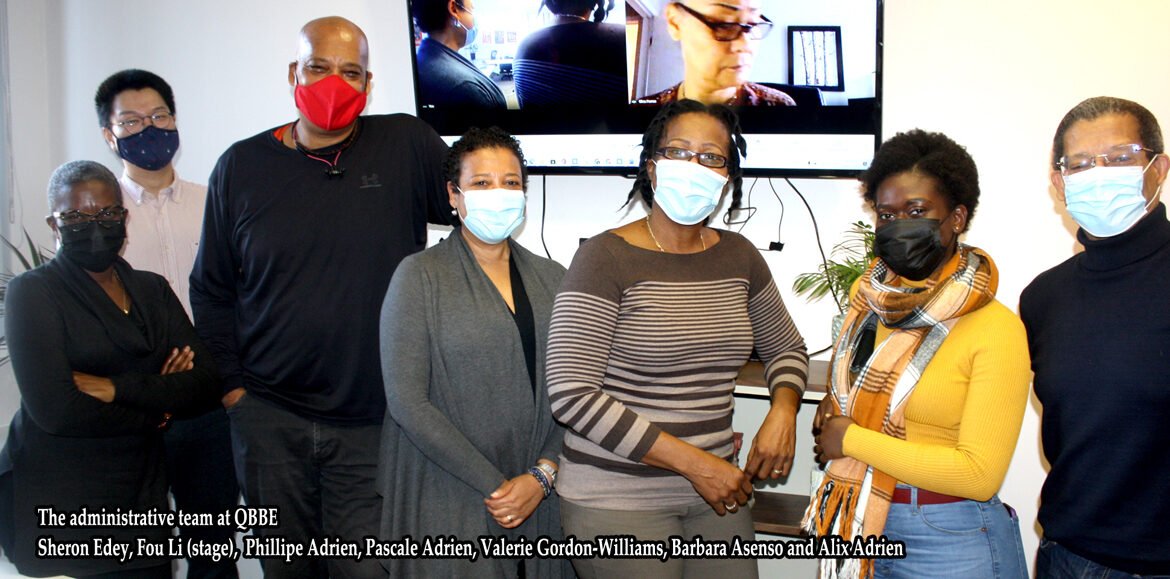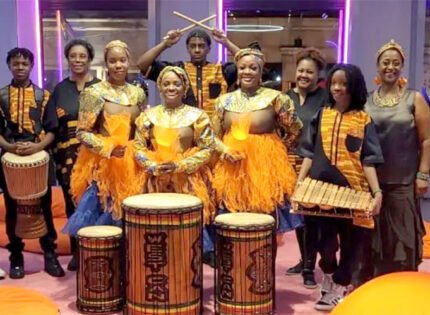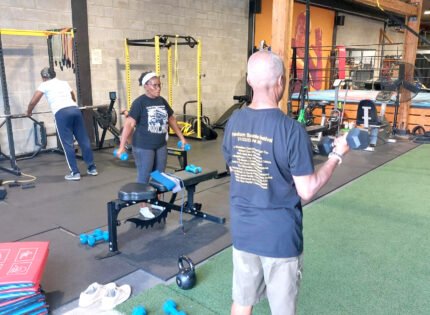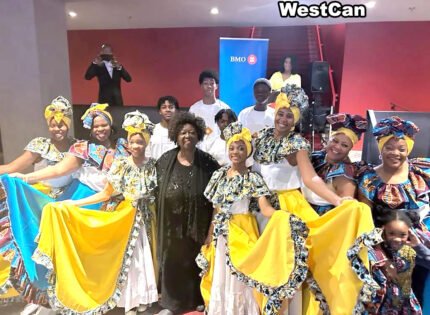In 1968, when the Quebec Board of Black Educators (QBBE) was established, the community as we know it today was taking root. The influx of immigrants from the Caribbean and elsewhere was adding to the population of Blacks and heightening the need for institutions to assist in consolidating their place in a society that was not truly accommodating.
Among the objectives of the QBBE was to advocate on behalf English speaking students entangled in a system in which they were stunted by faulty perceptions and low expectations.
For the educators who were the founders of the organization, high school dropout rates and the low numbers of Blacks in higher education were unacceptable.
In the more than half a century since it was established, the organization has distinguished itself by the honor roll of students that have benefitted from its complementary educational programs, including tutoring and summer schools that helped them to better navigate the school system and go on to build gratifying lives.
The early work of leaders such as the late Curtis George, Garvin Jeffers, Clarence Bayne, and the late Horace Goddard was invaluable.
Today, the original mission that QBBE set out for itself is still as urgent as ever with a new generation of learners trying to make their way through an educational maze obstructed by some of the same obstacles that stood in the way of their parents: drop-out rates and representation in higher education remain troubling.
Meet Alix Adrien. He’s a lifelong educator and community worker who has taken on the task of keeping the QBBE true to its founding principles while positioning it to meet the educational and training needs of the community while building better futures.
“Our mission is to continue to advocate on behalf of our community in the education system but to broaden the focus of the QBBE to ensure better futures for more Quebecers,” he says.
Speaking with the CONTACT, together with his administrative team at the organization’s new offices at Vendome Plaza in NDG last December, Adrien said youth empowerment would be front and center of the QBBE’s work going forward.
And he pointed to “Failure To Launch” an increasingly common syndrome used to identify young people who are finding it difficult to transition into adulthood and are usually out of school, without work, and still under the wings of their parents.
“We have many of our youth who are finding it difficult to get to the next level. The QBBE to coordinate programs that will help them build self-confidence and believe in their purpose in life.”
The organization’s program team of Valerie Gordon-Williams and Sheron Edey is tasked with the responsibility of framing a pilot project to respond to the needs of those in our community who might be trapped in ‘failure to launch’ syndrome.
According to Gordon-Williams, without hard data, it’s difficult to tell how widespread but anecdotal evidence points to an over-representation in our community, especially among young men.
“Our challenge is to find a few dozen of these young men and work with them on the basics such as job-search and other life skills as well as on building emotional intelligence and strengths,” she says.
Gordon-Williams also pointed to the need to identify appropriate mental health services to assist those who might be trapped in the paralysis of the syndrome.
However, she says, the extent of the educational challenges facing our community is made more complex by the arrival of new immigrants from different parts of the world bringing with them issues that might be out of sync with this society.
“In many instances, their needs are still very basic but our job at the QBBE is to find ways to bridge the divide,” she says.
Meeting new challenges is a big part of what the QBBE now aims to do says Adrien, the new president.
“And that will lead us into the transformation into becoming a research institution to provide the type of support needed for real community building,” says Adrien whose spectacular career in education includes serving as a math and science teacher, basketball coach, summer school director, and school administrator. He served as vice-principal at Beurling Academy and principal at St. Lawrence Senior Academy in LaSalle.
In addition to that educational heft, he also brings a commitment to community work, which he has been at since the age of 15 when he started at the Negro Community Centre.
Adrien says the way forward for the QBBE will be through collaborations and partnerships with other groups in both the English and French sectors of the community.
He says he is already excited about working with the West Island Black Community Association and the Jamaican Association of Montreal.
In order to facilitate the on-going collaborations with other groups and promote the efforts of the new brand of the QBBE, the president is ably assisted by a top-notched marketing and communication expert, Pascale Adrien as well as a highly capable IT specialist, Philippe Adrien, a brother and sister team serving as consultants to the organization.
Their work is reflected in the QBEE’s new on-line presence, including social media and will be a significant part of the new strategy.
According to Phillipe, the digital element will add a new layer to the organization’s educational plan.
“It allows a small organization like the QBBE to carry a big stick, in the delivery of its services,” he says.
In her capacity as the marketing guru, Pascale is laser focused on the beneficiaries: “To cater to youth, we have to go on social media to meet them,” she says and it’s the best way to position this heritage organization for the future.”
Contact the QBBE 5165 Rue Sherbrooke Ouest, Suite 317
Montréal, QC H4A 1T6 at info@qbbe.ca or 514 481-9400














